IMF managing director, Director Dominique Strauss-Kahn (photo) has called on Europe’s policymakers to work more closely on issues ranging from fiscal policy to financial sector regulation in order to make Europe’s institutions stronger, more resilient to crisis and better able to promote growth and prosperity.
Just as the world economy is emerging from crisis, the European Union is faced with a host of new challenges, including how to address the serious fiscal problems in some euro area countries, most notably in Greece.
CEE countries have been hardly hit by the global financial crisis because of the region’s close trade links and reliance on capital flows. Today, the region is in recovery, with the IMF predicting growth in the order of 2% of GDP for central and eastern Europe this year.
“But even though most countries in central and eastern Europe will see positive GDP growth this year, a return to the hefty pre-crisis growth rates is unlikely. Exports are now recovering, but domestic demand is projected to stay weak”, IMF said.
For many countries in Western Europe, the most critical task is to bring public debt back to sustainable levels in order to alleviate serious concerns about economic stability. “This will not be an easy task. IMF research shows that public debt is set to rise to an average 110% of GDP by 2014 in advanced economies, about 35 percentage points higher than before the crisis”.
The challenge will be to consolidate fiscal policy without undermining the recovery which remains fragile in many euro area economies. The IMF is forecasting an economic growth of 1% this year for the euro area as a whole.
IMF’s managing director will travel to Bucharest on March 30 for one day, after a visit to Poland. He will be accompanied by the European department director Marek Belka and IMF mission chief in Romania, Jeffrey Franks.
Strauss-Khan will meet with Traian Basescu, prime minister Emil Boc, minister of public finances, Sebastian Vladescu and the governor of National Bank of Romania, Mugur Isarescu to discuss the country’s economic performance under the aid deal with IMF and EC.
Citeste si:
Calculator Salariu: Află câți bani primești în mână în funcție de salariul brut »
Te-ar putea interesa și:



















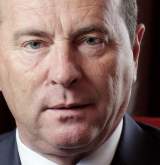













































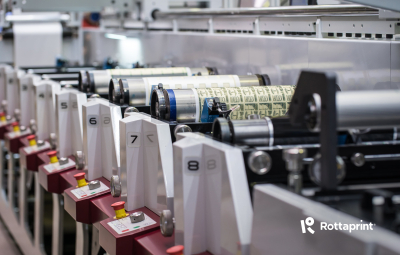
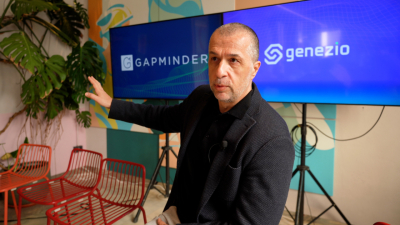
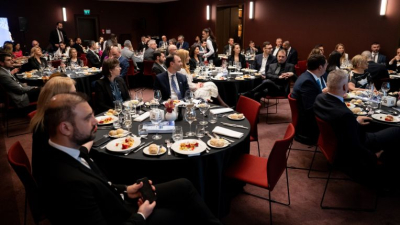





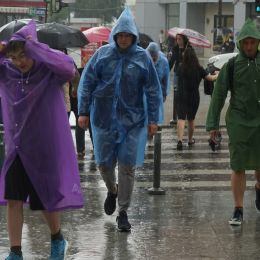









![HR [PLAY] Tech Workout - 11...](https://www.wall-street.ro/image_thumbs/thumbs/973/973fe0a3888d417feff63de42e814180-260x260-00-65.jpg?v=1713499582)









